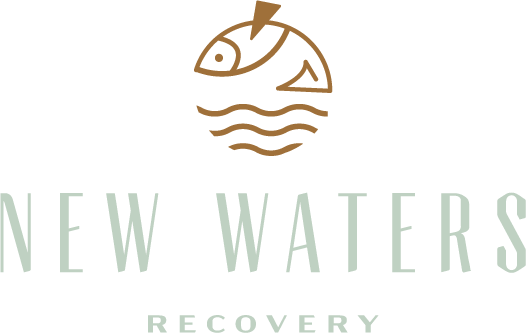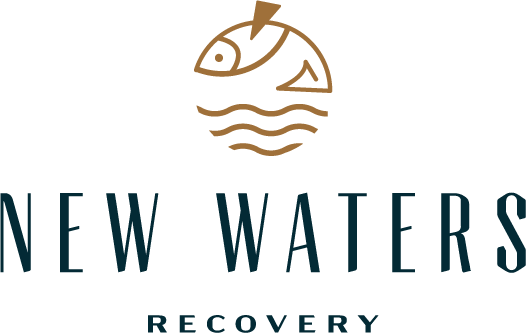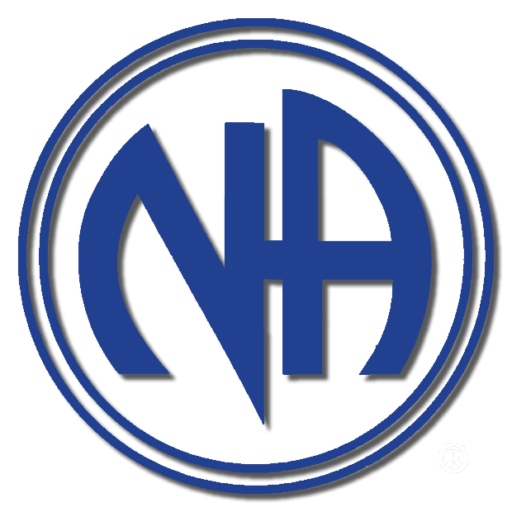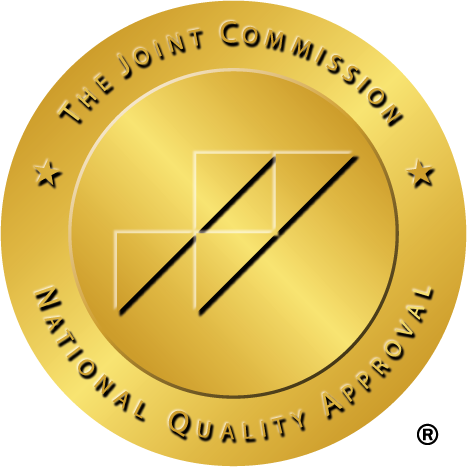Located in the Piedmont Triad region of North Carolina, High Point is known for its globally connected community – earning it the nickname “The International City” – and is the home of the world’s largest home furnishings trade show, the High Point Market. Despite what the city has to offer, High Point residents still struggle with drug and alcohol addiction like many others in the US. Addiction treatment is available, however.
Several addiction treatment centers in North Carolina, offer a full range of treatment services, from medical detox to sober living, to help residents overcome their addictions.









